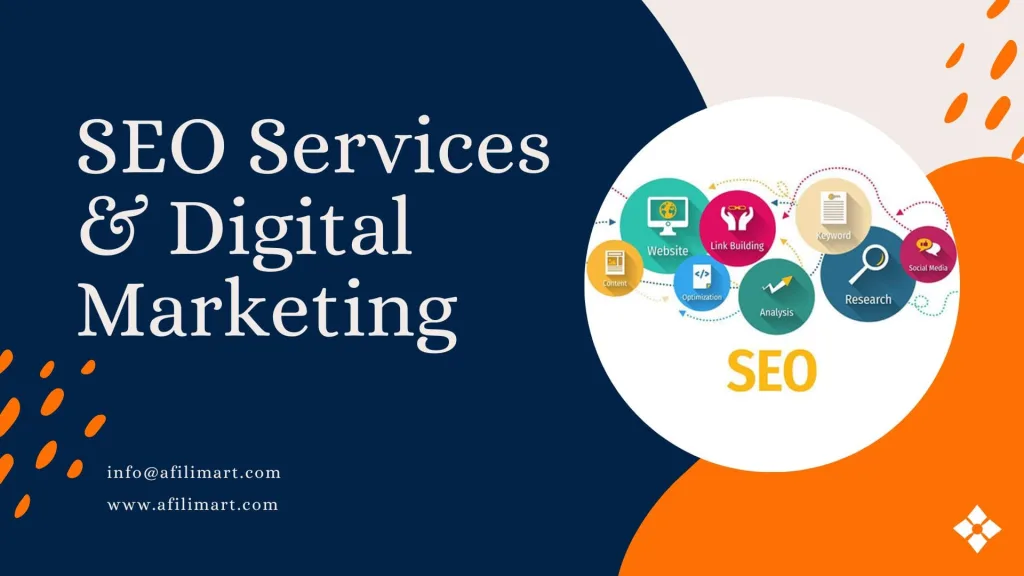In the ever-evolving landscape of Digital Marketing, businesses are constantly seeking effective ways to reach and engage their target audiences.
Two popular strategies that have gained significant attention in recent years are affiliate marketing and influencer marketing.
While both approaches aim to drive sales and increase brand visibility, they operate on distinct principles and bring unique advantages to the table.
In this blog post, we’ll delve into a brief comparison of affiliate marketing and influencer marketing, exploring their key features, differences, and when to use each.
Understanding Affiliate Marketing
Affiliate marketing is a performance-based strategy where businesses reward affiliates for driving traffic or sales to their website.
Affiliates, often bloggers or website owners, promote products or services through unique affiliate links. When a user clicks on the link and makes a purchase, the affiliate earns a commission.
This model is appealing to businesses because they only pay for actual results.
Pros of Affiliate Marketing
Cost-Effective: Businesses only pay for successful transactions, making it a cost-effective marketing strategy.
Scalability: It’s easy to scale affiliate marketing efforts by recruiting more affiliates or optimizing existing partnerships.
Measurable ROI: The performance-based nature allows for precise tracking of Return On Investment (ROI).
Cons of Affiliate Marketing
Dependence on Affiliates: Success relies on the effectiveness of affiliates, which can vary.
Management Challenges: Managing a network of affiliates requires time and effort to ensure compliance and effectiveness.
Potential for Fraud: There is a risk of fraudulent activities, such as click fraud or fake conversions.
Understanding Influencer Marketing
Influencer marketing leverages the reach and influence of individuals with a substantial following on social media platforms.
These influencers, who can be celebrities, industry experts, or niche enthusiasts, collaborate with brands to promote their products or services.
Unlike affiliate marketing, influencers are typically compensated upfront or receive free products in exchange for their promotion.
Pros of Influencer Marketing
Authenticity and Trust: Influencers have built trust with their followers, and their endorsements can feel more authentic.
Creative Content: Influencers can create engaging and creative content that resonates with their audience.
Brand Exposure: Collaboration with influencers exposes the brand to a broader audience and can boost brand awareness.
Cons of Influencer Marketing
Upfront Costs: Influencers often charge upfront fees or demand free products, making it less performance-based than affiliate marketing.
Limited Control: Brands have limited control over the influencer’s content, which may not always align perfectly with the brand message.
Risk of Overexposure: Depending solely on influencers may lead to overexposure, and audiences may become sceptical of sponsored content.
Comparing the Two Approaches
Payment Structure
Affiliate Marketing: Performance-based, payment on conversions.
Influencer Marketing: Upfront costs or product exchanges, regardless of performance.
Audience Trust
Affiliate Marketing: This relies on the credibility of affiliates but may lack the personal touch.
Influencer Marketing: Leverages the trust influencers have built with their audience, providing a personal touch.
Scalability
Affiliate Marketing: Highly scalable by recruiting more affiliates.
Influencer Marketing: It can be challenging to scale without collaborating with numerous influencers.
Control Over Content
Affiliate Marketing: Brands have more control over the content created by affiliates.
Influencer Marketing: Limited control over the content, which is primarily the influencer’s creative expression.
Long-Term Relationships
Affiliate Marketing: Often involves building long-term relationships with affiliates.
Influencer Marketing: Campaigns may be short-term, and influencers might work with multiple brands simultaneously.
When to Use Each Strategy
Choose Affiliate Marketing When
- You prioritize performance-based results.
- You want a scalable strategy for driving sales.
- You are willing to invest time in managing and optimizing affiliate relationships.
Choose Influencer Marketing When;
- Building brand awareness and trust is a priority.
- You seek creative and engaging content creation.
- You are open to upfront costs and want to leverage the influencer’s personal brand.
Final Thought
Both affiliate marketing and influencer marketing are powerful strategies with distinct advantages and considerations.
The choice between them depends on your business goals, budget, and the type of relationship you want with your promoters.
Some businesses find success in combining elements of both strategies to create a comprehensive and diversified approach to digital marketing.
Ultimately, understanding your target audience and aligning your chosen strategy with your overall marketing objectives will lead to a more successful campaign, regardless of whether you opt for affiliate marketing, influencer marketing, or a combination of both.









